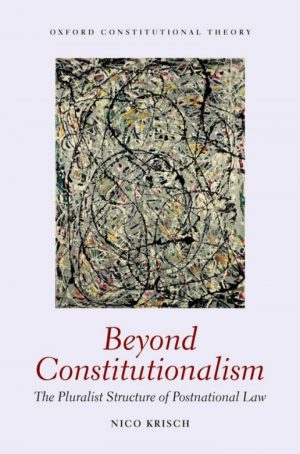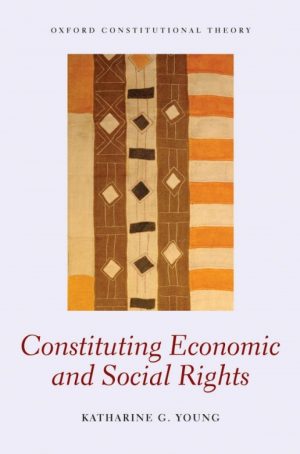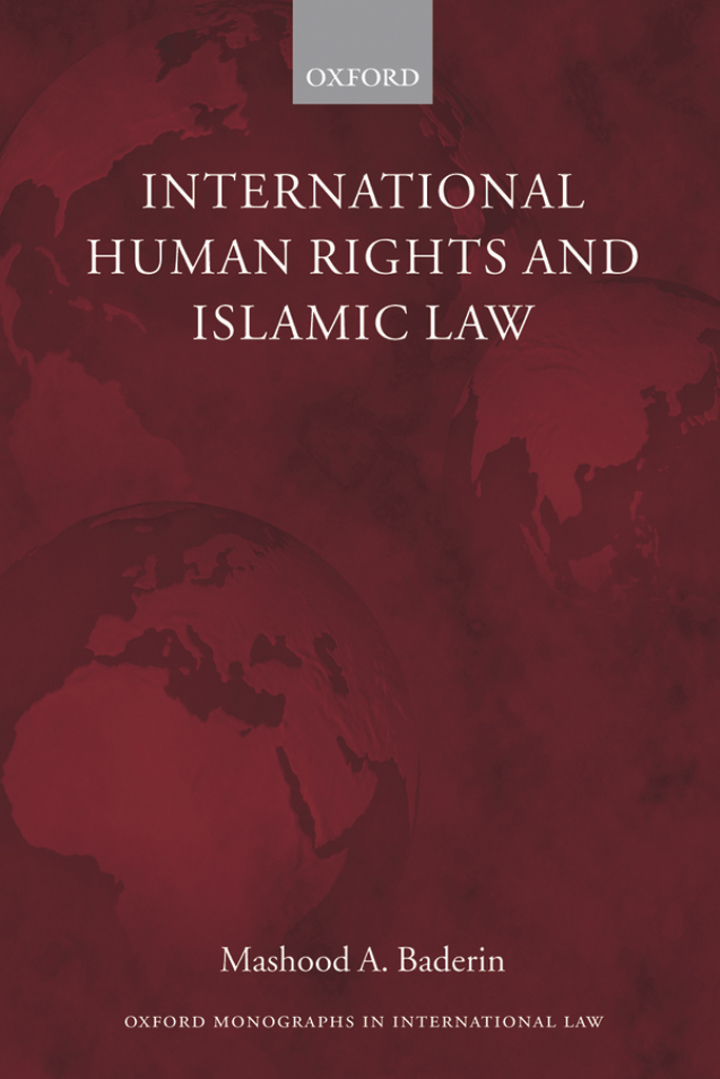International Human Rights and Islamic Law
$28.60
Attention: This is just ebook, Access Codes or any other Supplements excluded! / File Delivery: Sent Via Email within 24 hours!
SKU: 5437602b2e15
Category: Law Textbooks
Description
-
Author(s)Mashood A. Baderin
-
PublisherOUP Oxford
-
FormatPDF
-
Print ISBN
9780199266593, 019926659X -
eText ISBN
9780199266593, 019926659X -
Edition
-
Copyright
- Details
This volume examines the important question of whether or not international human rights and Islamic law are compatible. It asks whether Muslim States can comply with international human rights law whilst adhering to Islamic law. The traditional arguments on this subject are examined and responded to from both international human rights and Islamic legal perspectives. The volume engages international human rights law in theoretical dialogue with Islamic law, facilitating an evaluation of the human rights policy of modern Muslim States. International Human Rights and Islamic Law formulates a synthesis between these two extremes, and argues that although there are differences of scope and application, there is no fundamental incompatibility between these two bodies of law. Baderin argues that their differences could be better addressed if the concept of human rights were positively established from within the themes of Islamic law, rather than by imposing it upon Islamic law as an alien concept. Each article of the International Covenant on Civil and Political Rights, and the International Covenant on Economic, Social and Cultural Rights, as well as relevant articles of the Convention on the Elimination of All Forms of Discrimination against Women are analysed in the light of Islamic law. The volume concludes that it is possible to harmonise the differences between international human rights law and Islamic law through the adoption of the ‘margin of appreciation’ doctrine by international human rights treaty bodies and the utilization of the Islamic law doctrines of ‘maqâsid al-sharî’ah’ (the overall objective of Sharî’ah) and ‘maslahah’ (welfare) by Muslim States in their interpretation and application of Islamic law respectively. Baderin asserts that Islamic law can serve as an important vehicle for the guarantee and enforcement of international human rights law in the Muslim world, and the volume concludes with recommendations to that effect.
Related products
-

Africa’s International Investment Law Regimes 1st Edition
Rated 0 out of 5$61.75 Add to cart -

Atiyah’s Introduction to the Law of Contract 6th Edition
Rated 0 out of 5$30.88 Add to cart -

BEYOND CONSTITUTIONALISM OCON C The Pluralist Structure of Postnational Law
Rated 0 out of 5$22.10 Add to cart -

Constituting Economic and Social Rights
Rated 0 out of 5$17.88 Add to cart

